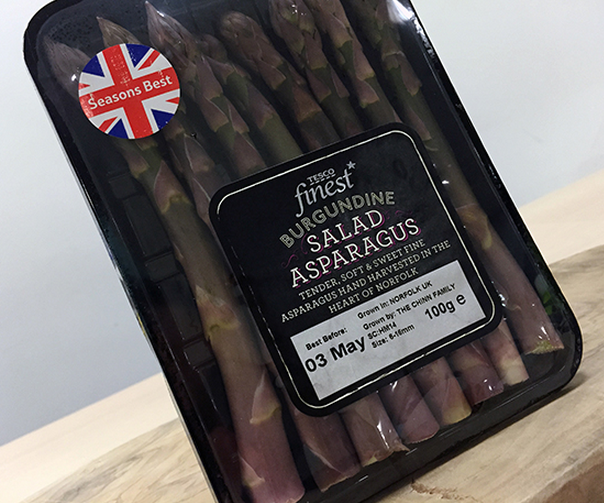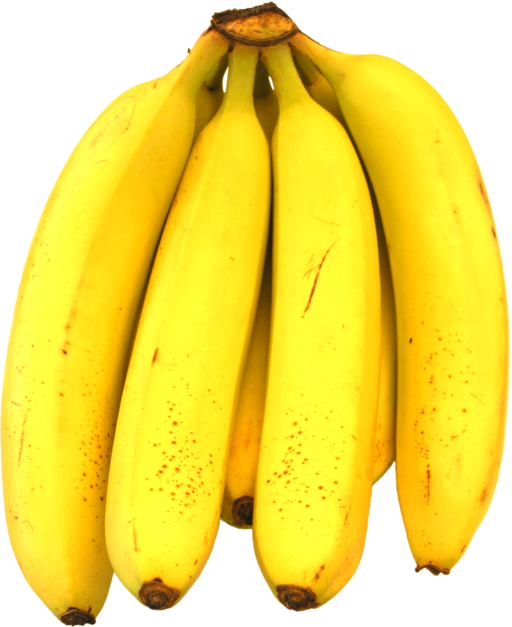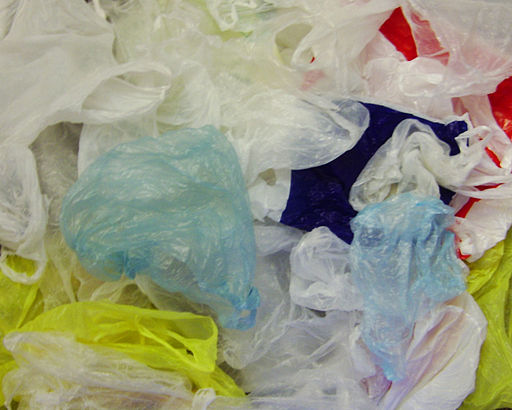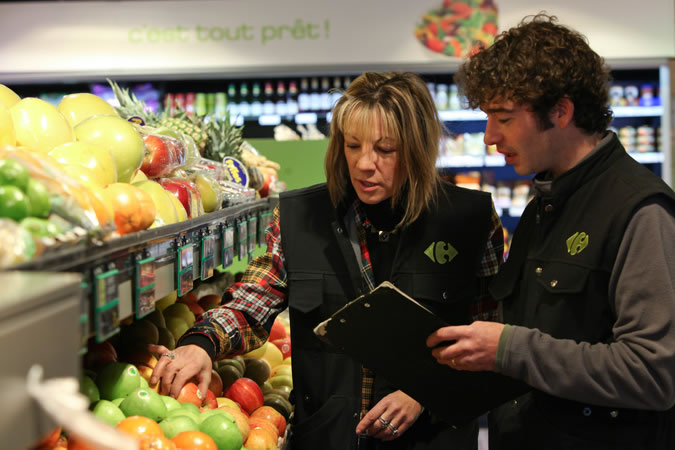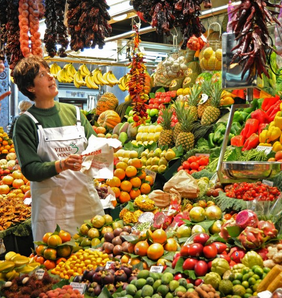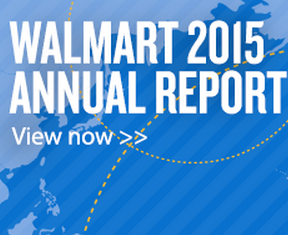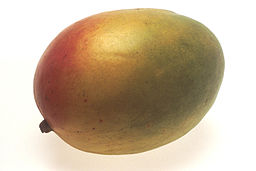
Mango has become very pricey in India after unseasonal rains cut production by up to 50% in some states, reports the Associated Chambers of Commerce & Industry of India (ASSOCHAM).
Prices have shot up by 50-65% – much more than for other fruits and vegetables. Even the lower end of the varieties are retailing at Rs 100/kg while the premium variety Alphonso is costing Rs 500-600 per dozen in Mumbai, ASSOCHAM said.
And exports have also been affected, though even in good times India’s share of mango exports has been negligible, it said.
Considering the production volume and variety of Indian mangoes, the country’s annual exports of about 41,300 tons is insignificant. Pakistan, which grows about 1 million tons of mango, exports 40,000 tons (4% of its crop), ASSOCHAM said.
India’s mango crop is expected to reach 15 million tons this season.
Top markets for Indian mangoes
The UAE is the top most export destination for India’s mangoes accounting for over 61% share followed by the UK (12%) and Saudi Arabia (5%). Qatar, Kuwait and Bangladesh are other major export destinations for Indian mangoes.
In terms of growth in mango imports from India, Qatar leads with about 110% compound annual growth rate, followed by:
- US 88%,
- Oman 84%,
- Nepal 70%,
- Kuwait 46%.
ASSOCHAM secretary general D S Rawat said India has huge potential in mango exports but is unable to exploit the opportunities. In the current year, lower production prospects are likely to impact mango exports from India badly, he said.
However, repeated rains accompanied by hailstorm and strong winds from end January till early April this year in north and central India caused huge loss to the mango crop. While preliminary estimates point towards a minimum loss of 20% on production, in pockets of Uttar Pradesh the loss is estimated at over 50%. Uttar Pradesh (with production of four million tons) and Andhra Pradesh together account for about half of India’s total mango production.
“The various state governments have announced relief measures and financial compensation, they are not sufficient to mitigate farmers’ losses and also curb rising prices. More needs to be done to help farmers,” Rawat said.
Source: ASSOCHAM
Mango photo: by Renee Comet (Public domain via Wikimedia Commons)
